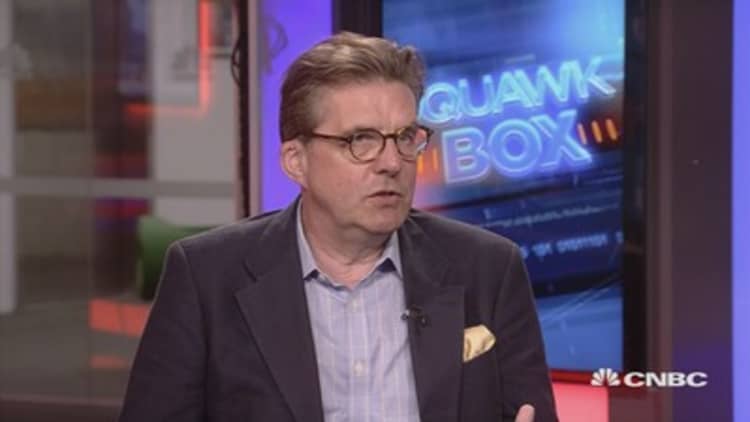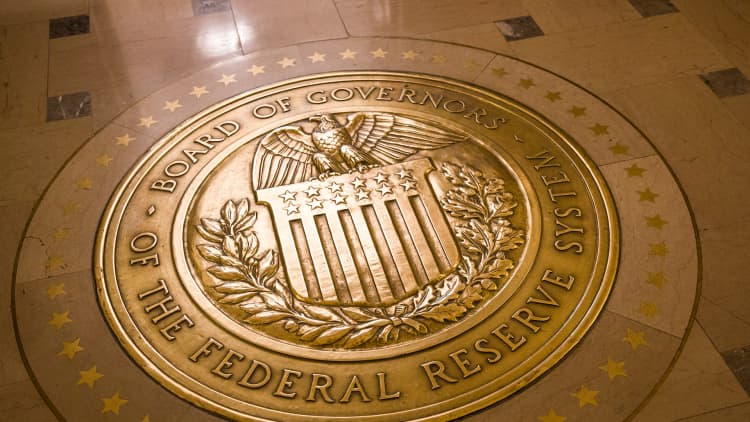
U.S. bank regulation is not being rolled back to match pre-financial crisis standards despite Federal Reserve (Fed) chair Janet Yellen saying on Thursday that she agreed with some proposed amendments to legislation, says a sector analyst.
"We're not going back to what things looked like in 2007 and 2008, that's absolutely not going to be the case. But it is going to be slightly better," Chris Wheeler, U.S. banks analyst at Atlantic Equities, told CNBC's Squawk Box on Friday.
Yellen's comments followed her review of an initial paper from Treasury Secretary Steve Mnuchin regarding proposed changes to key regulatory items for banks such as the Volcker Rule (which lays down guidelines for speculative investing on the part of banks) and minimum leverage ratios.
The changes are not about returning to the days of proprietary trading, according to Wheeler, but rather more about reducing burdensome reporting requirements.
"By doing that, the banks are going to be able to hold bigger inventories and that's actually good for the market - which is part of the whole story here about obviously getting the banks to service the broader economy," affirmed the banking analyst.

Traders are keenly waiting for the second quarter earnings of three of the U.S.'s four largest banks to be released later this morning as JPMorgan Chase, Citigroup and Wells Fargo kick off the earnings season.
Following a wave of earnings forecast downgrades in recent weeks, the companies have done a fine job of expectations management, particularly with regards to their fixed income, currencies and commodities (FICC) businesses.
These divisions traditionally experience a slow second quarter but this year face additional headwinds in the form of continued extremely low volatility and tough comparables given the Brexit-induced spike in trading volumes in the final day of the same period last year.
Loan volumes, especially on the commercial side, are also likely to be sluggish as would-be borrowers stand on the sidelines, waiting for more clarity from the Trump administration regarding its pledges to bring thorough changes to areas such as tax reform and healthcare.
The lack of clarity is also hitting dealmaking and therefore the banks' mergers and acquisition (M&A) advisory businesses, says Wheeler.
According to Wheeler, companies are asking "what is the new administration really going to do because we have things we'd like to invest in but we'd like to wait to get a bit more certainty about what the outlook is in terms of taxation and other measures taken by the administration to boost the economy."

Nonetheless, banks have done a remarkable effort of shoring up their capital balances and while record shareholder distributions have been announced, the companies will still maintain very robust financial profiles following the payments.
Importantly, the jump in bond yields seen so far this year which should be carried further by the recent swing towards more hawkish rhetoric from central banks is set to be critically helpful in boosting banking profitability going forward.
"These banks have about 30 percent of their deposits in non-interest bearing deposits and that actually means you get quite a kicker to your net interest margins as you start to see rates go up," asserted Wheeler.


